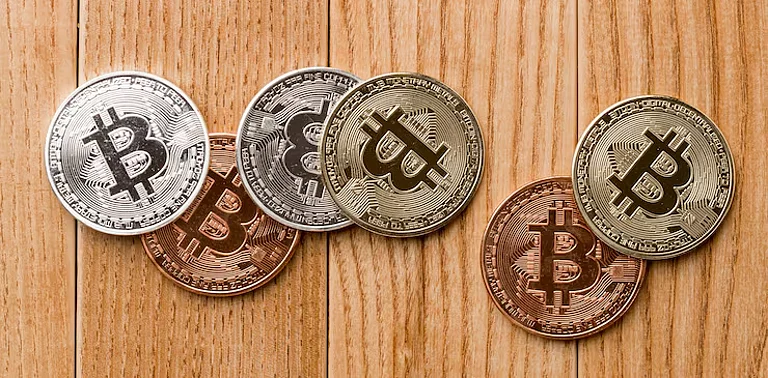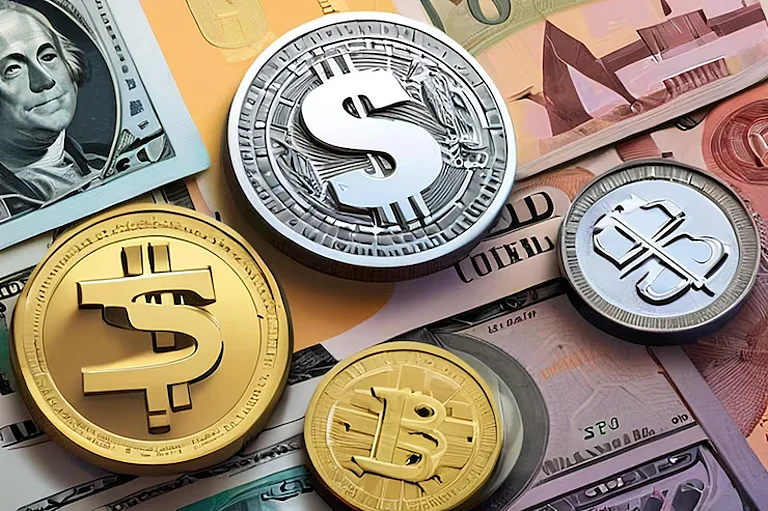Subroto Das, a financial sector expert, has decades of experience in banking and investments. He has been exposed to international finance and economics. He has also worked with an Indian financial sector regulatory body. He has studied economics at Columbia University and has a MBA from FMS, Delhi University. He has studied International Business at IIFT, Delhi.
Thank you for taking the time for this interview. Before we get started, could you briefly introduce yourself to our readers?
Thank you for having me. I’m a banker and financial sector professional with decades of experience, having worked in both the international and Indian banking sectors. I have studied economics at Columbia University, New York, and hold an MBA from FMS, Delhi University. My work in fintech, financial inclusion, and digital transformation has allowed me to observe the evolving world of digital currencies closely.
Let’s dive right into the topic—Central Bank Digital Currencies or CBDCs. What exactly is a CBDC, and how is it different from regular money?
In simple terms, a CBDC is the digital form of a country’s fiat currency. It is a digital rupee that’s issued directly by the central bank—just like the paper money you have in your wallet but purely electronic. The difference is, unlike your bank account or mobile wallet, which also holds digital money, CBDCs are a direct claim on the central bank, not a commercial bank.
What’s driving central banks to explore and launch CBDCs?
Central banks see several reasons to jump on the CBDC bandwagon. For one, it’s a way to modernize the payment system, making it faster, more efficient, and inclusive. They also want to keep pace with the rise of cryptocurrencies, which operate outside their control. Let’s not forget that digital payments are already huge, but they largely depend on private intermediaries. A CBDC offers a more sovereign option—governments like being in control of money! And for countries where cash use is declining, it’s a way to maintain direct public access to central bank money in digital form.
Are there any societal or economic benefits to CBDCs?
Definitely! A well-designed CBDC could improve financial inclusion, especially in countries where access to banking is limited. Imagine a scenario where anyone with a mobile phone can store and transfer digital currency, even if they don’t have a bank account. CBDCs could also reduce the costs and inefficiencies in cross-border payments, which are often slow and expensive. Another advantage is better traceability and transparency, which could help in fighting financial crimes like money laundering and tax evasion. Of course, this might feel like Big Brother watching over your shoulder, but hey, with great transparency comes great responsibility!
What are the downsides of CBDCs? Surely, it’s not all sunshine and rainbows?
Oh, definitely not. The main concern is privacy. If central banks can track every digital transaction, people may feel uncomfortable, especially in countries with less robust privacy laws. There’s also the risk of disintermediation—if people prefer holding CBDCs over traditional bank deposits, commercial banks could lose out on funding, which might make lending more expensive. And let’s not forget cybersecurity risks. Hackers would love to get their hands on a digital vault of central bank money! Lastly, CBDCs could become a tool for negative interest rates. Imagine your digital money shrinking just because the economy needs a nudge—sounds dystopian, doesn’t it?
As a fintech expert, can you explain how are CBDCs different from cryptocurrencies like Bitcoin?
Great question! The main difference is that CBDCs are centralized and backed by a government or central bank, whereas cryptocurrencies like Bitcoin are decentralized and have no central authority. Think of it like this: CBDCs are the well-behaved cousin of Bitcoin
who refuses to follow the rules. CBDCs are stable and predictable, while most cryptocurrencies are volatile and subject to speculation.
India launched its pilot for the digital rupee. Given your background as an international finance expert, how does this compare with other countries like the US, China, and the European Union?
India’s digital rupee pilot is part of a larger global trend. China has been leading the race with its digital yuan, already being tested in Beijing and Shanghai. The US is more cautious—no digital dollar yet. The Cato Institute, a Washington-based think tank, has raised concerns about CBDCs, saying they could give the government too much control over citizens' financial privacy. In Europe, the European Central Bank is exploring a digital euro, but like the US, they’re proceeding carefully. Japan is in the research phase. Each country has its own approach, with some focusing on domestic payments, while others are eyeing cross-border transactions.
As an economist, do you think CBDCs are good for society?
It depends on how they’re implemented. A well-thought-out CBDC can bring significant benefits—greater financial inclusion, faster payments, and improved monetary policy tools. But without careful planning, we could end up with privacy issues and financial instability. It’s like giving a teenager the keys to a Ferrari—if they know how to drive, great; if not, disaster! So, central banks need to balance innovation with caution.
In conclusion, are CBDCs the future of money?
They’re part of the future, though I wouldn’t say they’ll completely replace cash or traditional banking anytime soon. Think of CBDCs as one tool in the toolbox of modern finance.
Thank you so much for your insights. I’m sure our readers will find this topic much clearer now!
My pleasure! If you ever need more explanations or just want to chat about digital money, you know where to find me. Just don’t ask me for Bitcoin tips!






















